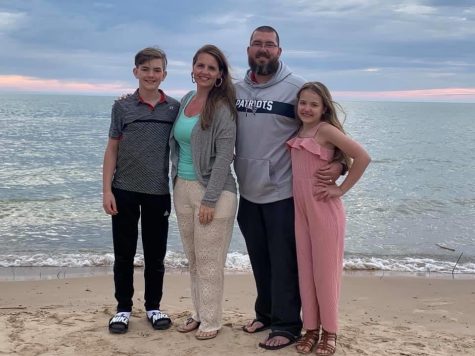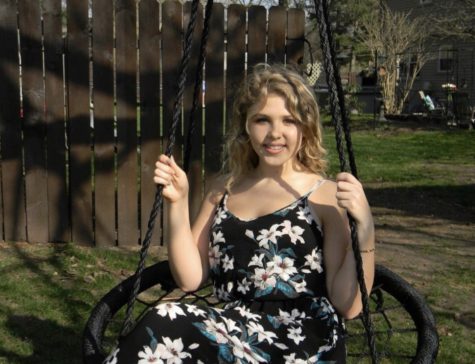The humanities of abortion and what determines them
Lyn Jarrell argues that early-term and mid-term abortions are more humane than late-term.
Sophomore Lyn Jarrell is a staff writer for Elkhart Memorial GENESIS who specializes in opinion and column writing.
September 16, 2019
In recent years, the topic of abortion is heavily present on the news and on the internet. With progressively safe modern medicine, women are afford the right to safely choose abortion.
However, that option has caused controversy and conflicts. Because of this, two groups have formed: Pro-Life, which consists of people who are against abortions, and Pro-Choice, which consists of people who believe that abortion is a human right and nobody should tell a woman that she can’t have one.
I fall under the Pro-Choice category. Despite the general belief that each group has established, the groups contain all different kinds of people, with all different opinions, and beliefs.
With that being said, although I do fall under the Pro-Choice category, I only share similar beliefs, to an extent.
I believe that women should be allowed to get an abortion, and no one should make the decision for them. But I also believe that late-term abortions are inhumane.
The major factor of that belief is the fact that late-term abortions are performed while the fetus has been almost fully developed, and in some cases, when the fetus is fully developed.
That means that the fetus has the ability to feel everything being done to them, while being unable to do anything about it.
If you don’t know what late-term abortions are, I suggest that you look it up, and then you might have a better understanding of where I am coming from.
Early-term abortions are easy, quick, and are, for the most part, painless for both the mother and the underdeveloped fetus.
They are quick and easy depending on the type of early-term abortion a person chooses. Patients can have a medication abortion, which includes pills that are taken, provided from a clinic or doctor, or they can have an aspiration abortion, which is done in the clinic.
Aspiration abortions are the quickest, because they only take 5-10 minutes, and don’t usually require a follow-up appointment.
Early-term/middle-term abortions are performed while the fetus has no heartbeat yet, and sometimes, they are performed while the fetus has a heartbeat, but still has not begun developing much, if at all.
With that being said, early-term/middle-term abortions are safer, and more progressive than late-term abortions. For the most part, no one has been harmed while performing an early-term abortion.
No one should tell a woman what she can and cannot do. Abortions are a human right, and it’s up to the woman who is carrying the fetus, if they want to keep it or not. But early-term/middle-term abortions are more humane, and they are safe.
As I stated earlier, in most cases of early-term abortions, the fetus does not have a heartbeat yet, so therefore, the fetus is technically not alive, so it’s basically just underdeveloped cells.
In most cases of middle-term abortions, the fetus has begun to develop, and sometimes are half-way fully developed. But the fetus has not developed enough to where the act of abortion would be considered ‘cruel’.
It’s not inhumane to have an abortion. It can become inhumane, though, if it is not performed correctly or while late-term. By then, the fetus is almost, if not fully developed. And it’d be too late to carry out an abortion.
The views in this column do not necessarily reflect the views of the GENESIS staff. Email Lyn Jarrell at [email protected].


















